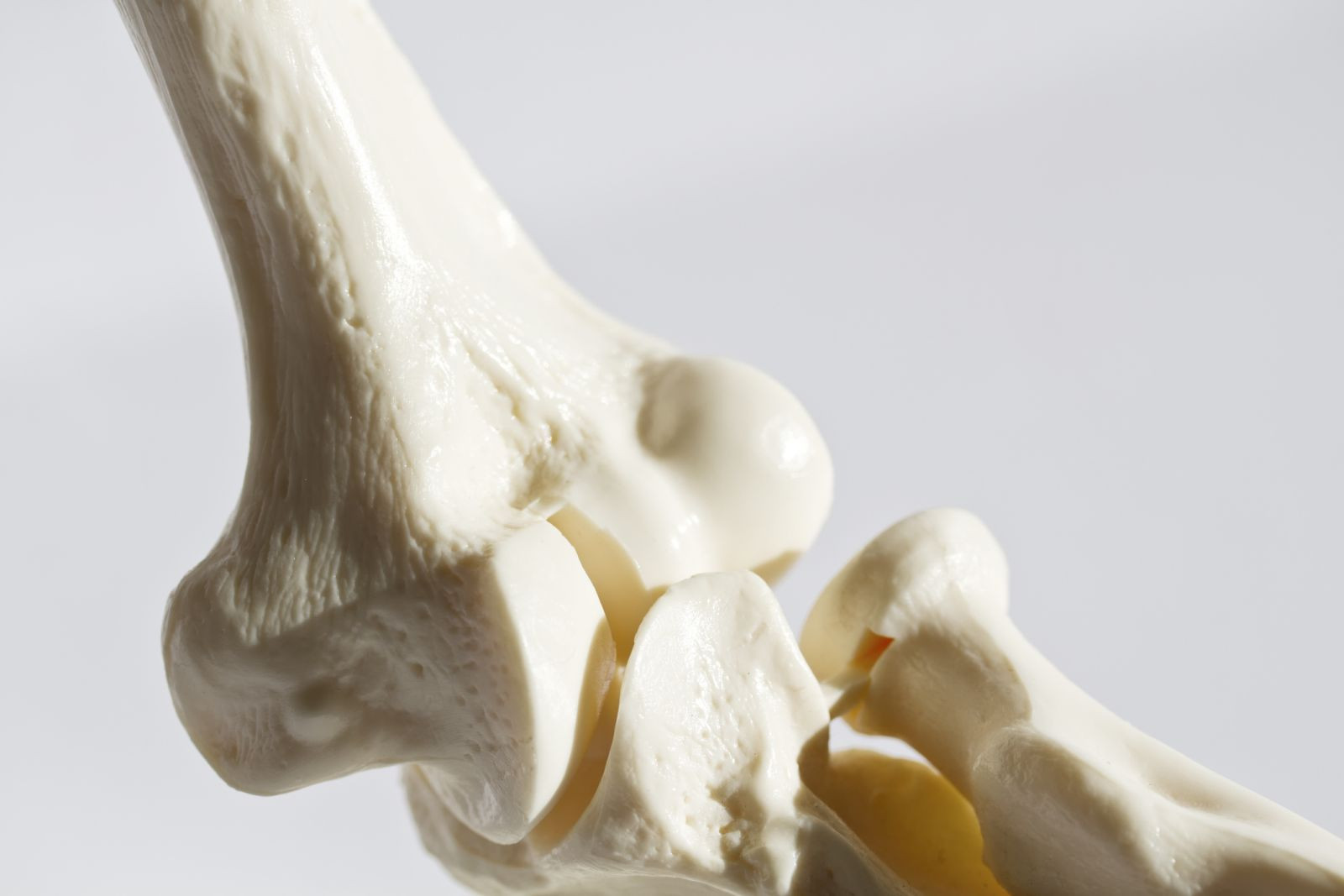Does osteoporosis cause any symptoms?
Ask the doctors

Q. Is there any way to tell if you are getting osteoporosis? Are there symptoms?
A. Osteoporosis is a disease that causes your bones to become weak and brittle and more likely to break. Unfortunately, you probably won't have any symptoms until the disease is advanced or you actually experience a fracture. However, there are two visible clues of osteoporosis: changes in your posture (such as a hunched-over appearance) and loss of height. Both of these changes may be caused when your spine becomes curved or compressed from weakness or tiny fractures (called compression fractures) in your vertebrae, the small bones that make up your spine.
Because osteoporosis may be silent for years, you should be screened for the disease. It's recommended that all women 65 or older have a bone density test — commonly known as a DEXA (dual energy x-ray absorptiometry) scan. It's a short, painless test performed on your spine or hip that can show whether you have osteoporosis or its precursor, called osteopenia. While many women can wait until they reach 65 to have their first screening, you might need an earlier screening if either of your parents has had a broken a hip or if you have other risk factors for osteoporosis, including early menopause, small and thin build, family history of osteoporosis, white or Asian ethnicity, low bone density on prior testing, and use of drugs that may affect bone health, such as corticosteroids.
If you are diagnosed with osteopenia or osteoporosis, there are medications that can help.
— by Hope Ricciotti, M.D., and Hye-Chun Hur, M.D., M.P.H.
Editors in Chief, Harvard Women's Health Watch
Disclaimer:
As a service to our readers, Harvard Health Publishing provides access to our library of archived content. Please note the date of last review or update on all articles.
No content on this site, regardless of date, should ever be used as a substitute for direct medical advice from your doctor or other qualified clinician.















